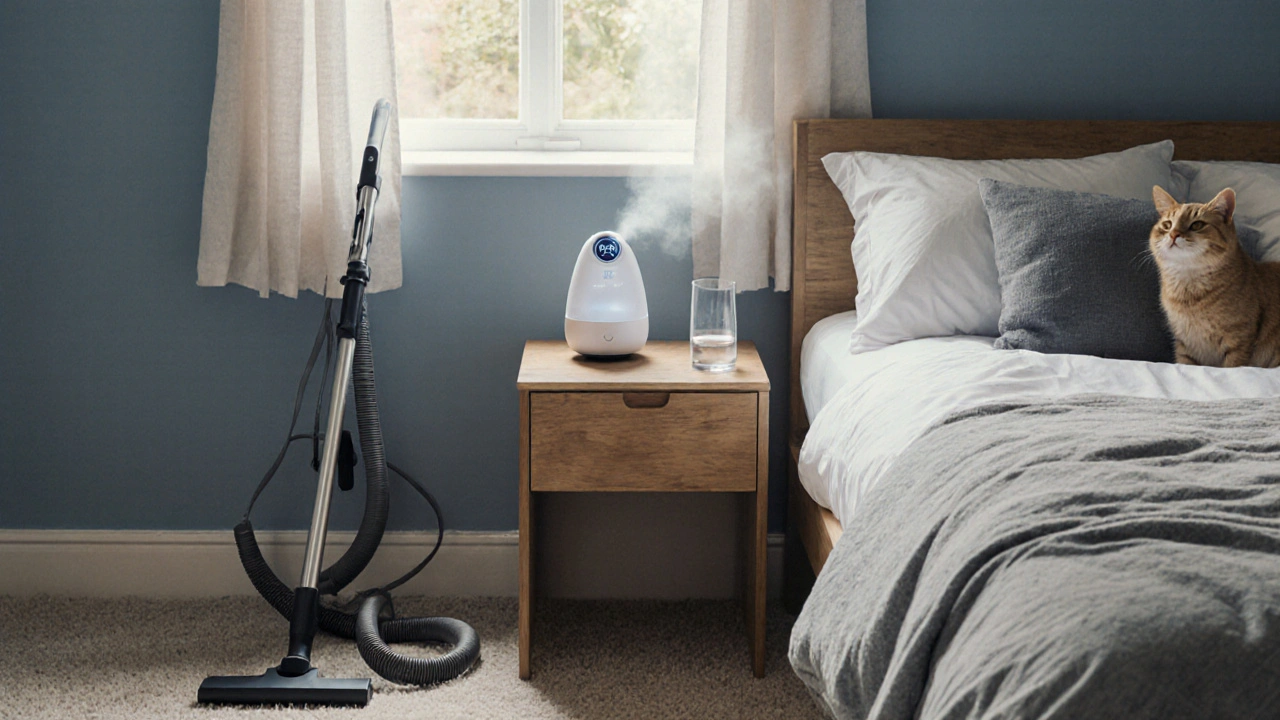Eczema Skin Care: Simple Steps to Soothe Your Skin
If you’ve ever dealt with itchy, red patches that won’t go away, you know how frustrating eczema can be. The good news is that a few everyday habits can make a big difference. Below you’ll find easy-to‑follow tips that work for most people, plus when it’s time to call a doctor.
Everyday habits to calm eczema
First thing: keep the skin moisturized. Apply a thick, fragrance‑free cream or ointment right after you bathe while the skin is still damp. This locks in moisture and reduces dryness that fuels itching.
Second, choose a gentle cleanser. Skip soaps with strong fragrances or sulfates – they strip natural oils. A mild, pH‑balanced body wash or a plain, unscented baby cleanser does the trick.
Third, watch the water temperature. Hot showers feel great, but they can worsen eczema. Aim for lukewarm water and keep showers short, ideally under 10 minutes.
Fourth, think about what you wear. Soft, breathable fabrics like cotton let the skin breathe. Avoid rough materials such as wool or synthetic blends that can rub and irritate.
Finally, identify personal triggers. Common culprits include house dust mites, pet dander, certain foods, and stress. Keeping a simple diary helps you spot patterns and adjust your environment.
When to see a doctor and treatment options
If over‑the‑counter moisturizers aren’t enough, it’s time to talk to a dermatologist. Prescription creams containing steroids or newer non‑steroidal options can reduce inflammation fast. Your doctor may also suggest a short course of oral meds for severe flare‑ups.
For some people, adding supplements like omega‑3 fatty acids or vitamin D can support skin health, but always check with a healthcare professional before starting any new supplement.
Phototherapy—using controlled UV light—offers another option for stubborn cases. It’s done in a clinic and can be very effective when topical treatments fall short.
Remember, eczema is a long‑term condition, not a quick fix. Consistency with moisturizers, gentle cleaning, and trigger avoidance often yields the best results. And if you need more detailed guidance, explore our related articles on supplements, diet, and prescription advice—all written in plain language to help you stay healthy.
Take one step at a time. A well‑moisturized routine, a watchful eye on triggers, and the right medical support can keep eczema under control and let you focus on the things you love.

